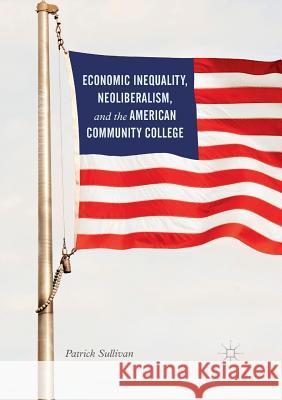Economic Inequality, Neoliberalism, and the American Community College » książka
topmenu
Economic Inequality, Neoliberalism, and the American Community College
ISBN-13: 9783319830292 / Angielski / Miękka / 2018 / 432 str.
Kategorie:
Kategorie BISAC:
Wydawca:
Palgrave MacMillan
Język:
Angielski
ISBN-13:
9783319830292
Rok wydania:
2018
Wydanie:
Softcover Repri
Ilość stron:
432
Waga:
0.54 kg
Wymiary:
21.01 x 14.81 x 2.36
Oprawa:
Miękka
Wolumenów:
01
Dodatkowe informacje:
Wydanie ilustrowane











